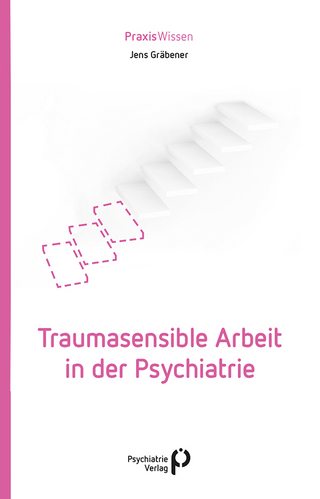
Religious Trauma
Seiten
2024
Cambridge University Press (Verlag)
978-1-009-53901-2 (ISBN)
Cambridge University Press (Verlag)
978-1-009-53901-2 (ISBN)
- Lieferbar (Termin unbekannt)
- Versandkostenfrei innerhalb Deutschlands
- Auch auf Rechnung
- Verfügbarkeit in der Filiale vor Ort prüfen
- Artikel merken
This Element explores religious trauma and its impact on relating to God and engaging in spiritual practice. It provides a history of psychological trauma, explores first-person narratives of survivors, and social epistemology, and discusses the problem of evil, divine hiddenness, and religious experience from the perspective of religious trauma.
When religion is the cite of abuse and trauma, it can deeply impact a person's ability to relate to God and engage in spiritual practice. As such, religious trauma is ripe for philosophical exploration. The first section of this Element provides a brief history of the concept of psychological trauma, contemporary accounts of its neurobiological basis, and its impact on human agency. The second sketches a model of religious trauma through the first-person narratives of survivors and emerging psychological data. Section three explores the social epistemology of religious trauma, focusing on how failures of knowledge create space for religious abuse and the insights of survivors may help communities guard against it. The last two sections consider three perennial topics in philosophy of religion from the perspective of religious trauma: the problem of evil, the problem of divine hiddenness, and religious experience.
When religion is the cite of abuse and trauma, it can deeply impact a person's ability to relate to God and engage in spiritual practice. As such, religious trauma is ripe for philosophical exploration. The first section of this Element provides a brief history of the concept of psychological trauma, contemporary accounts of its neurobiological basis, and its impact on human agency. The second sketches a model of religious trauma through the first-person narratives of survivors and emerging psychological data. Section three explores the social epistemology of religious trauma, focusing on how failures of knowledge create space for religious abuse and the insights of survivors may help communities guard against it. The last two sections consider three perennial topics in philosophy of religion from the perspective of religious trauma: the problem of evil, the problem of divine hiddenness, and religious experience.
Prologue; 1. Trauma and the human person; 2. Religious trauma and religious selves; 3. The social epistemology of religious trauma; 4. The problems of evil and divine hiddenness; 5. Experiencing god, traumatically; References.
| Erscheinungsdatum | 07.01.2025 |
|---|---|
| Reihe/Serie | Elements in the Problems of God |
| Zusatzinfo | Worked examples or Exercises |
| Verlagsort | Cambridge |
| Sprache | englisch |
| Themenwelt | Geisteswissenschaften ► Psychologie ► Traumatherapie |
| Geisteswissenschaften ► Religion / Theologie | |
| Medizin / Pharmazie ► Medizinische Fachgebiete ► Psychiatrie / Psychotherapie | |
| ISBN-10 | 1-009-53901-9 / 1009539019 |
| ISBN-13 | 978-1-009-53901-2 / 9781009539012 |
| Zustand | Neuware |
| Informationen gemäß Produktsicherheitsverordnung (GPSR) | |
| Haben Sie eine Frage zum Produkt? |
Mehr entdecken
aus dem Bereich
aus dem Bereich
wie das Wissen über Resilienz unser Traumaverständnis revolutioniert
Buch | Hardcover (2024)
Klett-Cotta (Verlag)
39,00 €
ein Handbuch für Fachkräfte
Buch | Hardcover (2024)
Schattauer (Verlag)
59,00 €


